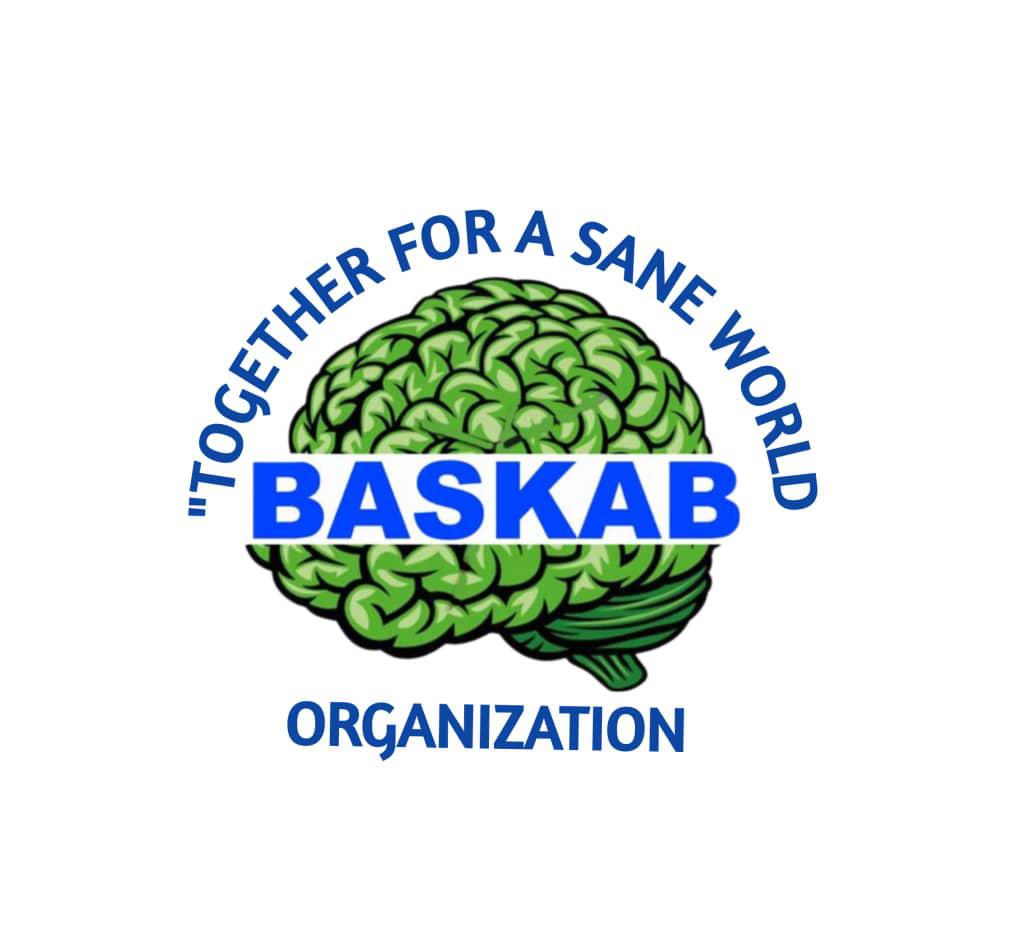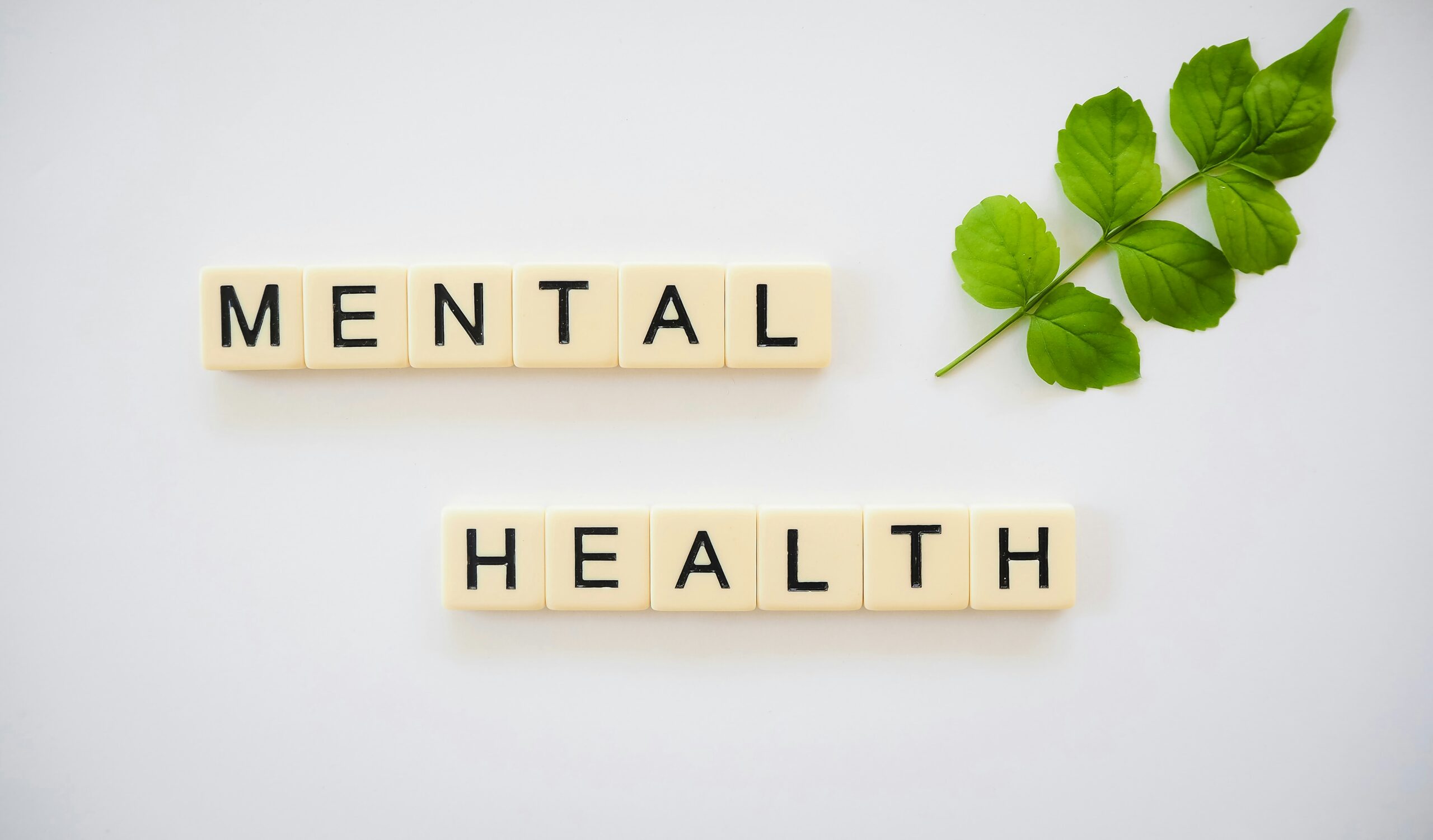1)What is mental health?
A1: Mental health refers to our emotional, psychological, and social well-being. It affects how we think, feel, and behave.
2)What are common mental health disorders?
A2: Common mental health disorders include depression, anxiety, bipolar disorder, post-
traumatic stress disorder (PTSD), and schizophrenia.
3) What causes mental health issues?
A3: Mental health issues can be caused by a combination of genetic, environmental, and
lifestyle factors, such as trauma, stress, and substance abuse.
4)How can I maintain good mental health?
A4: Maintaining good mental health involves practicing self-care, building strong relationships,
getting enough sleep, exercising regularly, and seeking help when needed.
5)What are the signs of good mental health?
A5: Signs of good mental health include feeling positive about life, being able to manage stress,
having healthy relationships, and being able to cope with challenges.
6)Can mental health issues be treated?
A6: Yes, mental health issues can be treated with therapy, medication, or a combination of both.
Seeking professional help is often the first step towards recovery.
7)How can I support someone with mental health issues?
A7: Supporting someone with mental health issues involves listening without judgment, encouraging them to seek professional help, and being patient and understanding.


8)What is the difference between mental health and mental illness?
A8: Mental health refers to overall well-being, while mental illness refers to specific conditions
that affect mental health, such as depression or anxiety.
9) Can mental health issues affect physical health?
A9: Yes, mental health issues can affect physical health, such as increased risk of chronic
diseases, weakened immune system, and sleep disturbances.
10) Where can I find mental health resources?
A10: Mental health resources can be found through local mental health organizations, online
support groups, and mental health professionals, such as therapists or counselors.
Here are some additional FAQs on mental health:
11)How can I manage stress and anxiety?
A11: Managing stress and anxiety involves practicing relaxation techniques, such as deep
breathing, meditation, or yoga, setting realistic goals, and seeking support from friends, family,
or a mental health professional.
12) What is the impact of social media on mental health?
A12: Social media can have both positive and negative impacts on mental health. While it can
provide connection and community, excessive use can lead to feelings of loneliness,
comparison, and decreased self-esteem.
13)Can mental health issues affect relationships?
A13: Yes, mental health issues can affect relationships. Open communication, empathy, and
understanding can help strengthen relationships and support mental health.
14 )How can I prioritize self-care?
A14: Prioritizing self-care involves setting boundaries, engaging in activities that bring joy,
practicing mindfulness, and taking care of physical health.
15)What is trauma-informed care?
A15: Trauma-informed care is an approach that acknowledges the presence of trauma in an
individual’s life and provides a safe, supportive environment for healing.
16)Can mental health issues be prevented?
A16: While some mental health issues may not be preventable, building resilience, practicing
self-care, and seeking help early can reduce the risk of developing mental health issues.
17)What are some common mental health myths?
A17: Common mental health myths include the idea that mental illness is a sign of weakness,
that people with mental illness are violent, or that mental health issues are not treatable.
18)How can I support a friend or family member in crisis?
A18: Supporting someone in crisis involves listening without judgment, encouraging them to
seek professional help, and staying with them until help arrives.
19)What is the role of mindfulness in mental health?
A19: Mindfulness involves being present in the moment and can help reduce stress, anxiety, and
depression. Regular mindfulness practice can improve mental health and well-being.
20) Where can I find mental health support groups?
A20: Mental health support groups can be found through local mental health organizations,
online forums, or mental health professionals. These groups provide a safe space to connect
with others who share similar experiences.


Leave a Reply